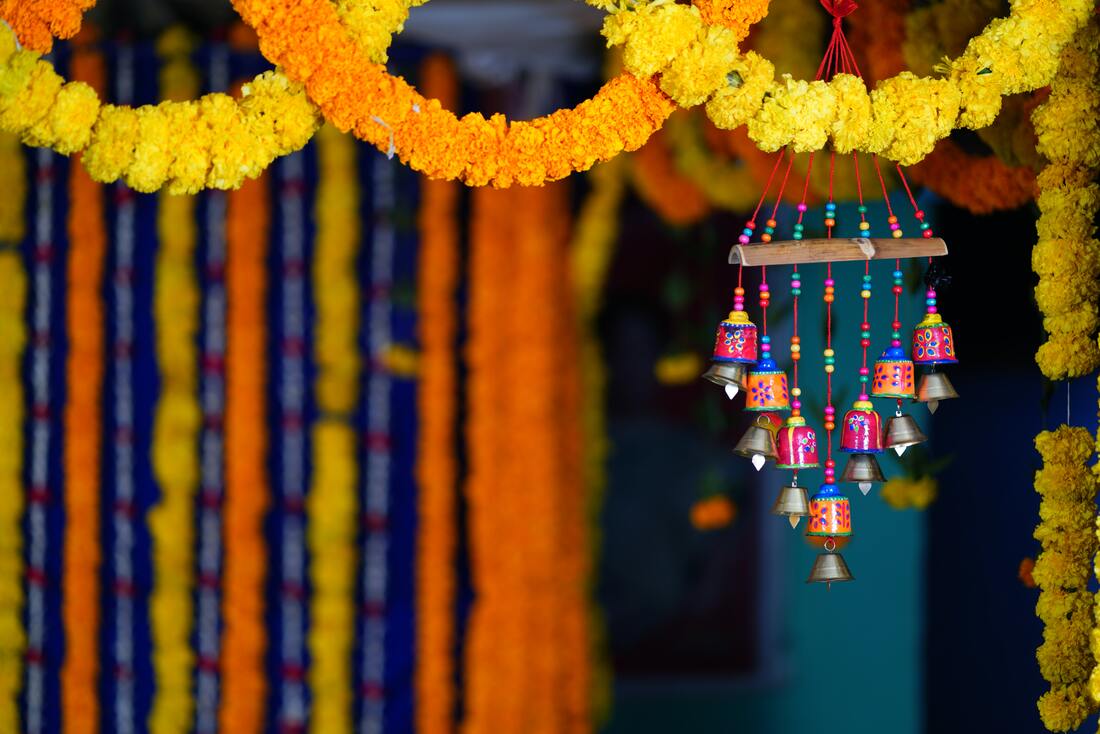|
|
|
As India hosted the World Environment Day celebrations in 2018, the prime minister, Narendra Modi, addressed the nation through his radio programme:
This is a very important achievement for India and it is also an acknowledgement as well as recognition of India's growing leadership in the direction of tackling climate change. This time, the theme is ‘Beat Plastic Pollution’. I appeal to all of you that while trying to understand the importance of this theme, we should all ensure that we do not use low-grade polythene and low-grade plastics and try to curb the negative impact of plastic pollution on our environment….Our culture, our traditions have never taught us to be at loggerheads with nature. In his speech, India was projected as a leader in addressing climate change and a putative Indian culture was extolled as being effortlessly ecologically friendly. However, Modi’s claim of an environmentally-friendly Indian tradition is not supported by empirical evidence. For example, notions of civilisation in pre-colonial India– rather than preservation – of forests. Similarly, the intensification of traditional agriculture had detrimental ecological consequences even prior to the commercialisation of agriculture under colonial rule. Nevertheless, this claim of an ecologically sensitive Indian past is widely encountered – and promoted – in India and abroad.
Recently, India’s nation-branding project, through which it attempts to attract desired kinds of capital, trade, tourists and human resources, has emphasised the country as a global leader in sustainable development and plastic pollution has become a particular focus. In my Identities article, ‘Nation-branding, soft Hindutva, and ecotraditionalism in anti-plastics discourses in India’, drawing on data from fieldwork in Mumbai, India from 2016–2020, I use this focus on plastic pollution to shed light on the permeation, into the domain of the environment, of a seemingly apolitical strand of Hindu nationalist rhetoric that emphasises the civilisation wisdom of Indian (coded as Hindu) thought, and presents it for consumption by national and global audiences.
As part of India’s nation-branding project, a line is drawn between the country’s putative ecologically sensitive past and a green future. Consumers are prominent and are tasked with recovering the environmentally sustainable practices of the past. These practices are largely conceived through a Hindu lens but packaged as an Indian cultural product available for consumption through ‘ecotraditionalism’. Thus, my middle-class interlocutors, in their bid to tackle plastic pollution, attempted to recover a past where plastics were not pervasive. This past was often portrayed as an eco-friendly, aspirational ideal. For example, this sentiment from a post on a zero-waste group was typical of both online and offline comments: ‘There were so many eco-friendly things our ancestors were using! And nothing harmed the nature…’. An interlocutor in the plastic industry commented, ‘In India, we believe in reincarnation, so our culture makes us prefer recycling’. A Hindu belief was presented as Indian, and the fact that working with wastes, considered ritually polluting, has been and continues to be highly stigmatised was ignored. Most of my interlocutors did not explicitly affirm any Hindu nationalist ideological underpinnings. Nevertheless, selective, sanitised and idealised Brahmanical Hindu discourses and praxis were translated into a cultural ethos. Such an ecotraditionalism presents yet another dimension of how Hindu cultural references saturate national narratives, and through such discourses, the environment emerges as another space through which a vernacular, cultural Hindu nationalism finds expression.
Blog post by Gauri Pathak, Aarhus University, Denmark
Read the Identities article: Pathak, Gauri. Nation-branding, soft Hindutva, and ecotraditionalism in anti-plastics discourses in India. Identities: Global Studies in Culture and Power. DOI: 10.1080/1070289X.2021.1920773
Explore other relevant Identities articles:
Transnational ties and ethnic identities in the parental homeland: second-generation Indian Americans in India ‘Resistant hybridity’: identity politics of the Naga indigenous people in India "Weapons of the Meek": Ecstatic Ritualism and Strategic Ecumenism among Tamil Hindus in Malaysia
0 Comments
Your comment will be posted after it is approved.
Leave a Reply. |
|
Explore Identities at tandfonline.com/GIDE |
|
The views and opinions expressed on The Identities Blog are solely those of the original blog post authors, and not of the journal, Taylor & Francis Group or the University of Glasgow.


